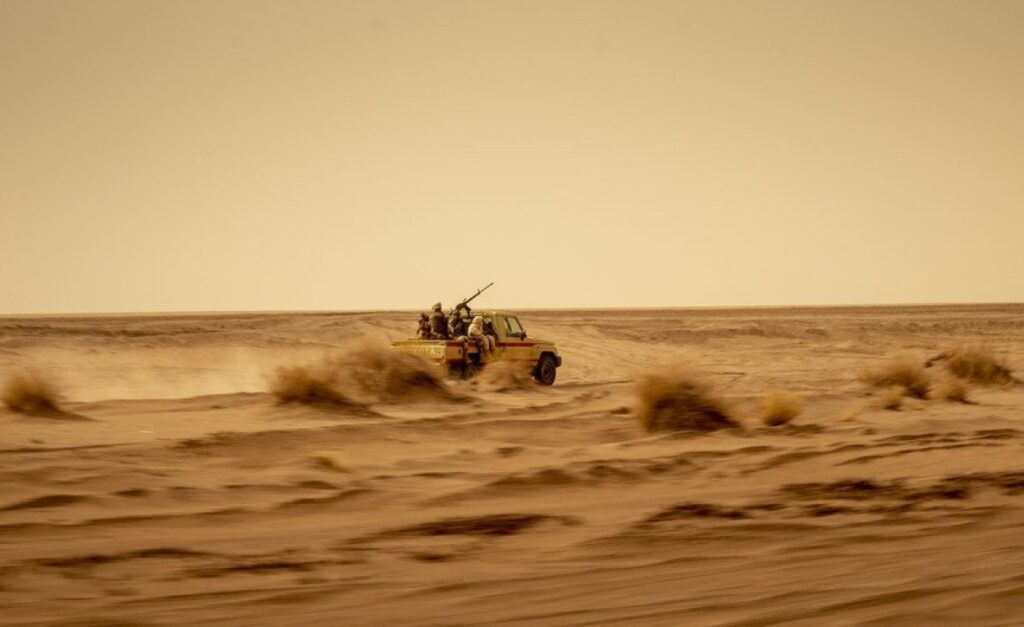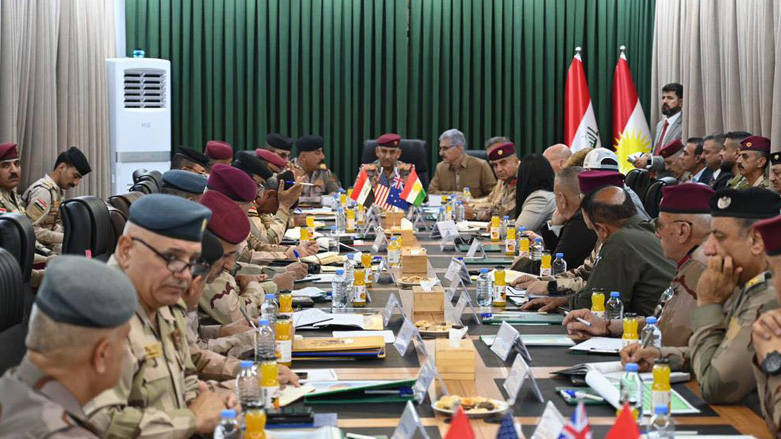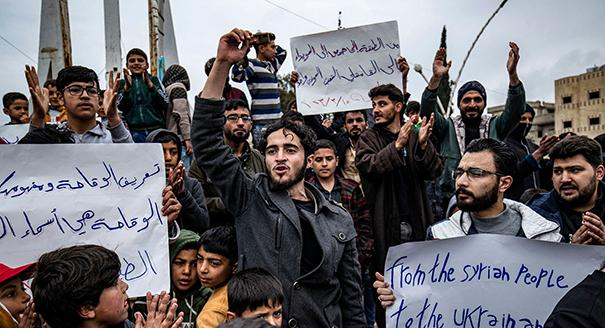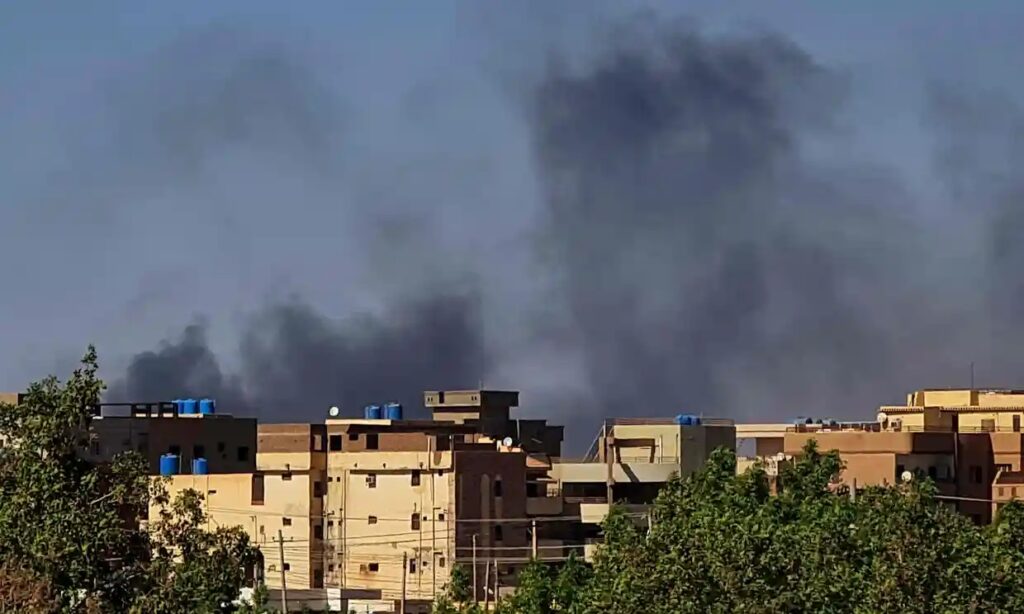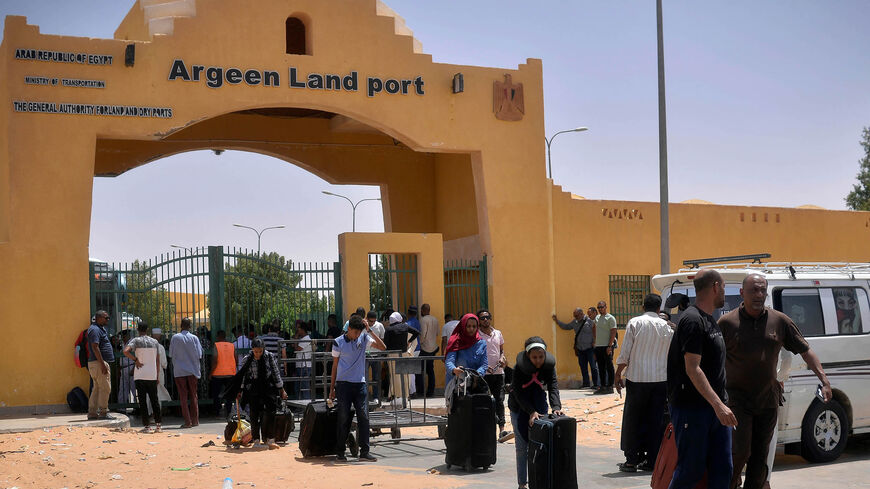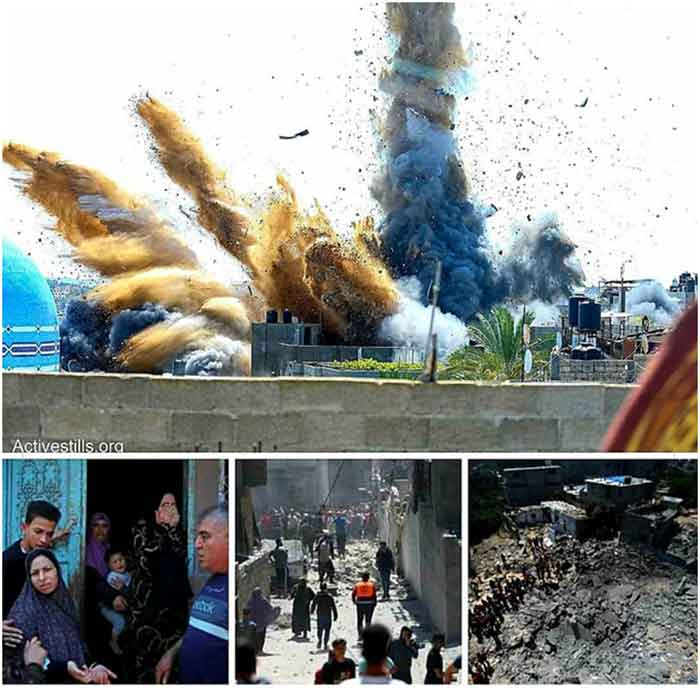West Africa: Sahel – Terrorists, Tribalists and Traffickers?
Nouakchott — Obvious, that very complex question is now more frequently raised than ever before. It calls for an answer. Ten years of wars – with international forces support – deaths, injuries, displacements and budgets in billions of dollars, have not reduced terrorists presence or expansion. Isn’t it then time to change – analysis, strategy and combat – to openly ask, experts and especially the victims, that is to say the populations?

